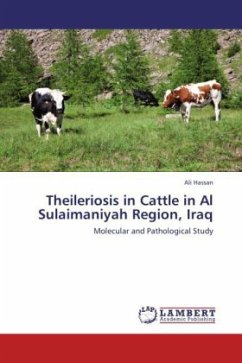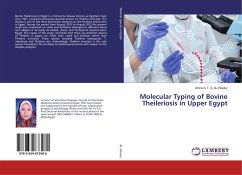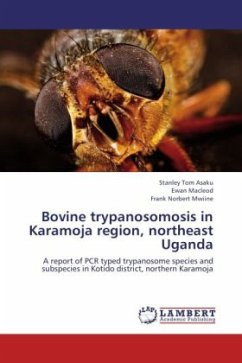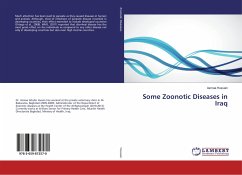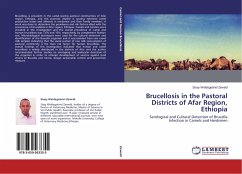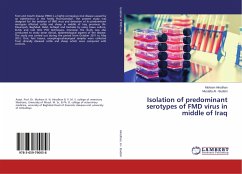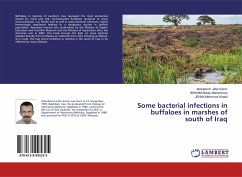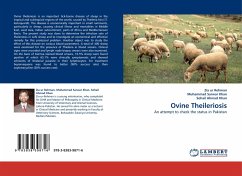Tropical theileriosis poses a big challenge to cattle health and production, however there is an insufficient epidemiological data regarding this disease in Iraq. This work was conducted to explore the frequency of tropical theileriosis in Sulaimaniyah region/Iraq and to detect Theileria-infected cells in tissue sections obtained from clinically infected animals. The frequency of infection observed in this study showed that this disease represents a major obstacle to the improvement of cattle production in our region. The principle lesion found in tissue samples obtained from the lymph nodes, spleen, liver, lungs and kidneys of infected cattle was represented by a marked lymphoprliferative reaction within these organs and the confocal microscopy of immunofluorescence-stained lymph node tissue sections showed that the schizont stage in T. annulata infected cells appears in different sizes and shapes in close vicinity to the host cell nucleus. This work shed some epidemiological and pathological data on tropical theileriosis in Sulaimaniyah region and may be useful to veterinarians and anyone else concerning with blood parasites and their effects on cattle health and production.

